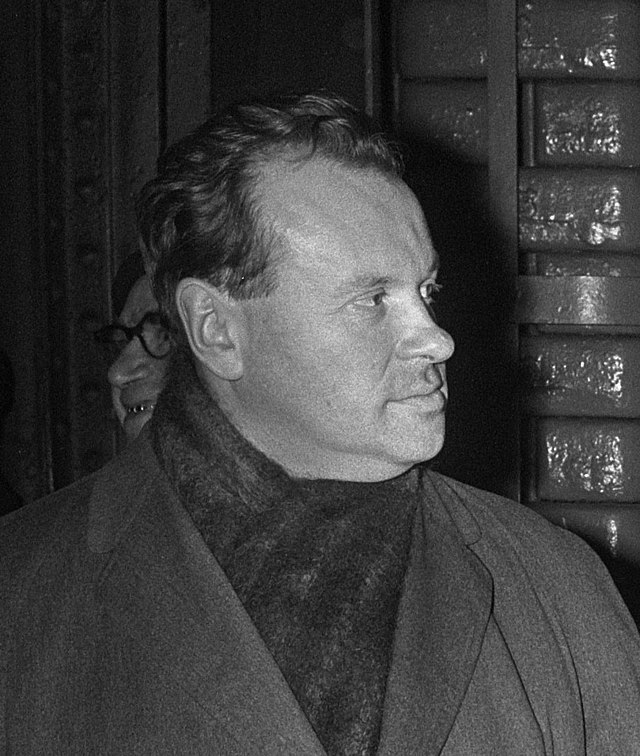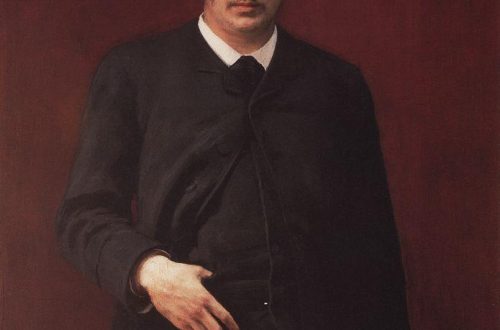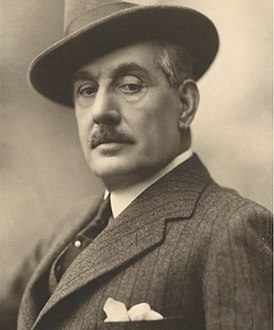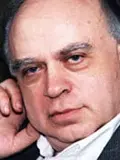
Evgeny Fedorovich Svetlanov (Yevgeny Svetlanov) |
Contents
Yevgeny Svetlanov
Russian conductor, composer and pianist. People’s Artist of the USSR (1968). In 1951 he graduated. Musical and Pedagogical Institute. Gnesins in the class of composition from MP Gnesin, piano – from M. A. Gurvich; in 1955 – the Moscow Conservatory in the class of composition with Yu. A. Shaporin, conducting – with A. V. Gauk. While still a student, he became assistant conductor of the Grand Symphony Orchestra of the All-Union Radio and Television (1954). Since 1955 he was a conductor, in 1963-65 he was the chief conductor of the Bolshoi Theater, where he staged: operas – The Tsar’s Bride, The Enchantress; Shchedrin’s Not Only Love (premiere, 1961), Muradeli’s October (premiere, 1964); ballets (premieres) – Karaev’s Path of Thunder (1959), Balanchivadze’s Pages of Life (1960), Night City to music by B. Bartok (1962), Paganini to music by S. V. Rachmaninov (1963). Since 1965 he has been artistic director and chief conductor of the State Symphony Orchestra of the USSR.
A versatile musician, Svetlanov in his composing activities develops the traditions of Russian classics. As a symphony and opera conductor, Svetlanov is a consistent propagandist of Russian and Soviet music. Svetlanov’s extensive repertoire also includes classical and contemporary foreign music. Under the direction of Svetlanov, the premieres of many symphonic works by Soviet composers took place, for the first time in the USSR, the mystery “Joan of Arc at the stake” by Honegger, “Turangalila” by Messiaen, “Witness from Warsaw” by Schoenberg, Mahler’s 7th symphony, a number of works by J.F. Stravinsky, B. Bartok, A. Webern, E. Vila Lobos and others.
Svetlanov the conductor is characterized by a strong will and high emotional intensity. Carefully polishing the details, Svetlanov does not lose sight of the whole. He has a developed sense of form, which is especially evident in the interpretation of monumental works. A characteristic feature of Svetlanov’s performing style is the desire for maximum melodiousness of the orchestra. Svetlanov regularly speaks in the press, on radio and television on various issues of Soviet musical life. His articles, essays, reviews were republished in the collection “Music Today” (M., 1976). Since 1974 secretary of the board of the CK USSR. Lenin Prize (1972; for concert and performance activities), “Grand Prix” (France; for recording all the symphonies of P. I. Tchaikovsky). He toured abroad (performed in more than 20 countries).
G. Ya. Yudin
Compositions:
cantata – Native fields (1949); for orchestra – symphony (1956), Holiday poem (1951), symphonic poems Daugava (1952), Kalina red (in memory of V. M. Shukshin, 1975), Siberian fantasy on themes by A. Olenicheva (1954), rhapsody Pictures of Spain (1955), Preludes (1966), Romantic Ballad (1974); for instruments and orchestra – concerto for piano (1976), Poem for violin (in memory of D. F. Oistrakh, 1974); chamber instrumental ensembles, incl. sonatas for violin and piano, for cello and piano, string quartet, quintet for wind instruments, sonatas for piano; over 50 romances and songs; choir of Memory of A. A. Yurlov and others.





